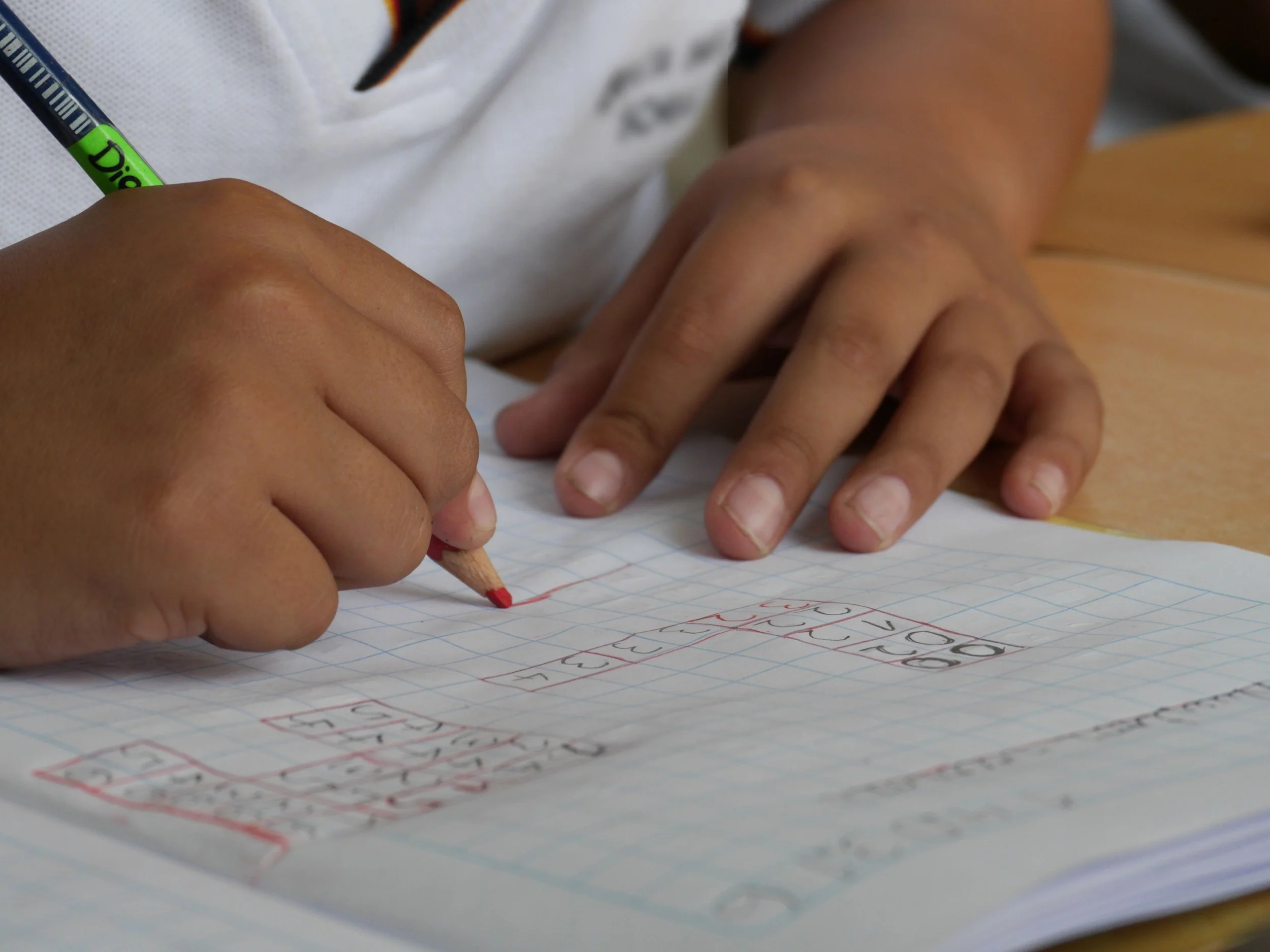If you or a family member is seeking psychological or psychoeducational testing, you are probably wondering what to expect. Psychological or psychoeducational testing may sound intimidating, but it's designed to help you. Think of psychological tests or assessments as similar to medical tests. When you have physical symptoms your doctor may order blood work or x-rays to confirm your diagnosis. Psychological and psychoeducational evaluations serve the same purpose in that they collect information to determine a diagnosis and inform treatment strategies to help you or your loved one experience greater happiness and success.
What can I expect during a typical psychological and psychoeducational assessment?
Comprehensive evaluations are usually completed within 2-3 sessions, depending on the purpose of the evaluation. A specific set of assessments and tests are chosen for each individual and the plan and cost are reviewed with clients before testing is scheduled.
After testing is completed, the client receives an evaluation report that contains a thorough assessment of each concern, the relevant history, and observations. Evaluation reports also provide detailed results of each test administered to our clients and a thorough summary explaining what the different scores mean. Lastly, each report contains a comprehensive list of recommendations that specify the steps that can be taken to promote individual success and happiness.
In addition to the written report, clients are invited and encouraged to participate in a feedback session that consists of a conversation about your evaluation results and treatment recommendations. This feedback session is one of the most valuable elements of the evaluation process. After all, the goal of testing is to help clients better understand their learning style, approach to life and challenges so they are better equipped to understand and participate in the recommended steps for future success.
What types of challenges do you assess?
Some examples include:
- IQ/Achievement Testing
- Gifted
- Learning Disorders & Academic Challenges
- Learning Strengths & Weaknesses
- Psychological Disorders including ADHD and Behavioral Difficulties
- Autism and other Developmental Disabilities
- Memory and Cognitive Functioning
- SAT and College Accommodations
- Career & Interest Assessments
- Personality Assessments
- Full diagnostic evaluations
- Adjustment Issues
- Trauma & Abuse
Do I need testing?
- Have you had trouble concentrating at work and completing tasks?
- Is it hard to get started on tasks?
- Do you have difficulty keeping jobs?
- Are you unsure of what career might be best for you?
- Have you noticed changes in your ability to concentrate or with memory?
- Does life seem overwhelming?
If you answered yes to any of these questions, meeting with one of our professionals to discuss testing can help you find answers.
Does my child need testing?
- Is your child struggling at school?
- Is homework a struggle?
- Does your child say s/he doesn’t like school?
- Is his or her performance variable, some days doing well, other days doing poorly?
- Does your child have difficulty concentrating, or sitting still to complete a task?
- Is your adult-child struggling in college?
- Does your teenager need college accommodations to support their learning style? Is the college asking for evidence of those needs? Testing provides the necessary documentation.
If you answered yes to any of these questions, meeting with one of our professionals to discuss testing can help you find answers.
When is psychological or psychoeducational evaluation and assessment helpful?
Some common scenarios in which psychological testing is helpful include the following:
- A child experiencing difficulty in school may undergo psychoeducational, aptitude testing or tests to identify individual learning styles and/or learning disabilities.
- Children or adolescents who display disruptive behavior may be tested to determine the presence of attention deficit hyperactivity disorder or impulse control challenges.
- A child who appears bright yet bored at school may benefit from IQ/Achievement testing to determine their learning levels and the best ways to keep them stimulated and engaged in learning.
- Children experiencing developmental delays may benefit from testing for developmental disabilities such as Autism.
- A person experiencing memory challenges or cognitive delays may benefit from a cognitive assessment.
- Teenagers and young adults transitioning into college may benefit from SAT and college accommodations testing and career interests assessments.
- A person having problems at work or school, or in personal relationships, may benefit from a personality assessment to determine if they have issues with anger management or interpersonal skills, or certain personality traits that contribute to the problem.
- Other tests evaluate whether clients are experiencing emotional disorders such as anxiety or depression.
- A full diagnostic evaluation may be helpful to diagnose any number of emotional, behavioral, or developmental disorders.



